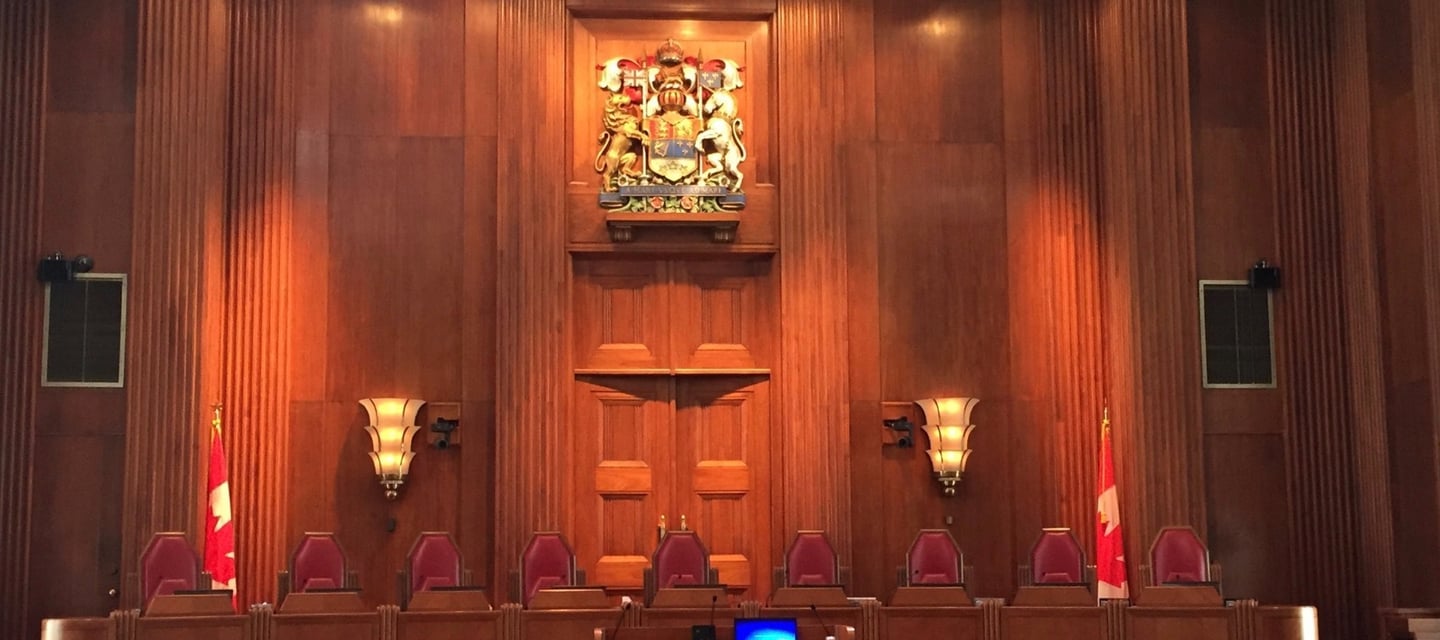

Immigration and Refugee Board Hearings
The immigration and refugee board ( IRB) is Canada’s largest independent administrative tribunal, the IRB, is responsible for making informed decisions on immigration and refugee matters. It operates efficiently, fairly, and in accordance with the law. Among its key duties, the IRB determines which claimants require refugee protection from the thousands who seek asylum in Canada each year. The IRB is made of 4 divisions . Each division of the IRB is responsible for making decisions on different immigration or refugee matters. To make their decisions, they follow an administrative tribunal process
The IRB is made up of the following divisions :
1- Refugee Protection Division ( RPD) : This division hears and decides claims for refugee protection made in Canada in accordance with the international Geneva Convention . A claim for refugee protection can be made at a port of entry to a CBSA officer upon arrival to Canada , or to an IRCC officer at an inland office , the officer decides if the claim is eligible to be heard by the RPD , if it is eligible it is then referred to the RPD and the refugee process begins. When a case is refused at the RPD the next recourse is the RAD.
2- Refugee Appeal Division ( RAD): This division decides appeals from RPD decisions to allow or reject refugee claims. The RAD may decide to uphold the RPD's initial decision or refer the case back to the RPD to hear it again, giving the RPD directions on what it considers appropriate.
3- Immigration Division : The Immigration Division holds admissibility hearings for individuals who may be inadmissible to or removable from Canada under the law. Additionally, it conducts detention reviews for most individuals detained under the Immigration and Refugee Protection Act [ IRPA]. It also holds review hearings on reasons for detention under IRPA. There are two types of proceedings that are held :
Admissibility hearings : deciding whether permanent residents or foreign nationals alleged have contravened the IRPA should be allowed to remain in Canada or should be removed .
Detention reviews : The ID has the authority under IRPA to hear and review cases on the reasons for immigration detention of permanent residents , foreign nationals and Designated Foreign nationals (DFN) to decide whether there are enough reasons to release them or continue detention.
4- Immigration Appeal Division ( IAD): The IAD hears appeals on immigration related matters. The following are the types of appeals that are heard at the IAD :
Appeals of family class sponsorship applications refused by IRCC.
Appeals of removal orders made against permanent residents , protected persons, and holders of permanent resident visas.
Appeals by permanent residents who have been found by IRCC not to have fulfilled their residency obligations
Appeals by the Minister of Public safety of decisions where the ID made a decision that a person is not inadmissible.
In most instances, when an appeal is denied, the only remaining legal recourse is a Judicial Review at the Federal Court. This makes the appeal process a critical opportunity to present a strong case and potentially overturn the initial decision. Proper representation before the IRB is essential, as many cases are rejected due to avoidable errors that could have been prevented with experienced legal guidance. Additionally, it is crucial to act quickly, as each division has strict time limits for filing.
Contact Dawod Immigration to get the representation you deserve today. Book a consultation and find out what we can do for your case.
